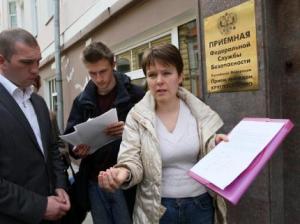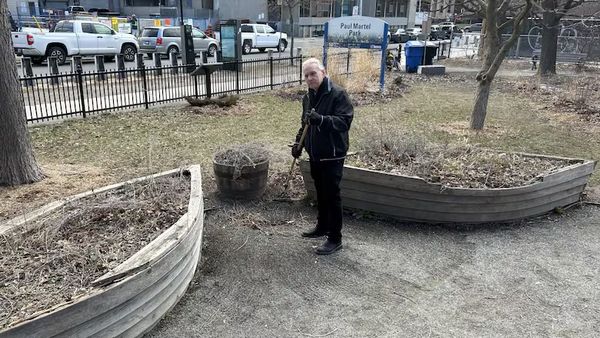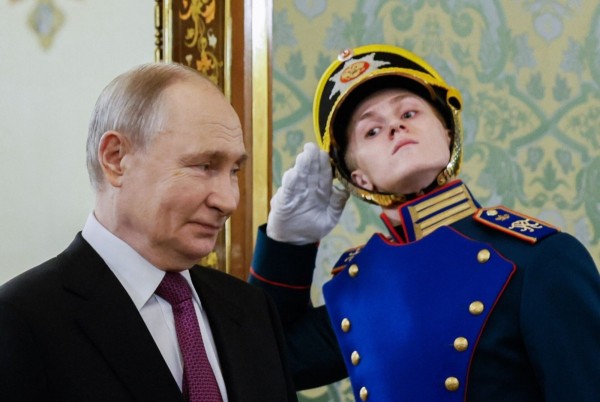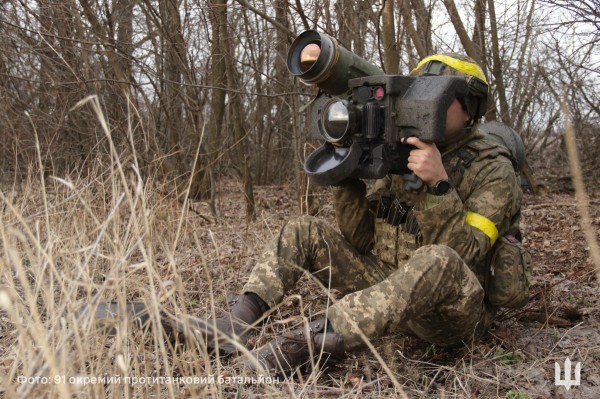This year, Khimki—a town of 200,000 people—may once again become an opposition stronghold. Last week, Khimki’s unpopular mayor, Colonel Vladimir Strelchenko (who had signed the original order to build the road through the forest), tendered his resignation, opening the way for an early mayoral election on October 14th. One of the first candidates to declare her intention to run was Yevgenia Chirikova, the 35-year-old leader of the Khimki Forest Defenders Movement who, for the past several years, directed a grassroots campaign against the destruction of the natural reserve.
Advertisement / Reklaam
Advertisement / Reklaam
Chirikova’s nomination presents a major headache for the Kremlin—provided, of course, that she becomes a unifying candidate for its opponents. The election for Khimki mayor will be held without a runoff, so the winner only needs to achieve a plurality. A split in the opposition vote could easily hand victory to United Russia’s likely candidate, Acting Mayor Oleg Shakhov. “It is imperative that the opposition is represented by only one candidate,” pleaded Duma member Ilya Ponomarev, one of the key figures in the protest movement. “Let us organize a petition which I will present to the Communist Party, [the socialist] A Just Russia party, and [the liberal] Yabloko party, urging them to support Yevgenia Chirikova … and avoid unnecessary competition.”The initial signals have not been encouraging. A Just Russia (of which Ponomarev himself is a member) and the Communists announced that they will be fielding their own (separate) candidates for Khimki mayor. Other possible contenders include liberal economist Andrei Nechaev and former Russian and Moscow government official Oleg Mitvol, who now leads the Green Alliance party (thought to have been created as a “spoiler” against anti-Kremlin ecological movements). Vladimir Zhirinovsky, the leader of the ultranationalist LDPR party and a longtime Kremlin helper, has put forward his own candidate in Khimki, vowing to “fight Chirikova to death.”
Yet there is also some cause for optimism. After initially moving to nominate its own candidate for Khimki mayor, the Yabloko party threw its support behind Chirikova. The Republican Party of Russia, co-chaired by opposition heavyweights Boris Nemtsov, Mikhail Kasyanov, and Vladimir Ryzhkov, also pledged its backing to the leader of the Khimki Forest Defenders. Other opposition groups still have an opportunity to join in. The nominating process in Khimki will run from August 24th to September 13th, and even after that, registered candidates will have the right to step aside. Now is not the time for personal rivalries. Like it or not, Yevgenia Chirikova is (by far) the most popular and high-profile opposition leader in Khimki. Her victory on October 14th would send a clear message to the Kremlin: after recent electoral successes in Chernogolovka, Togliatti, and Yaroslavl, the Russian opposition is coming closer to Moscow.
Advertisement / Reklaam
Advertisement / Reklaam
* Vladimir Kara-Murza's blog

























